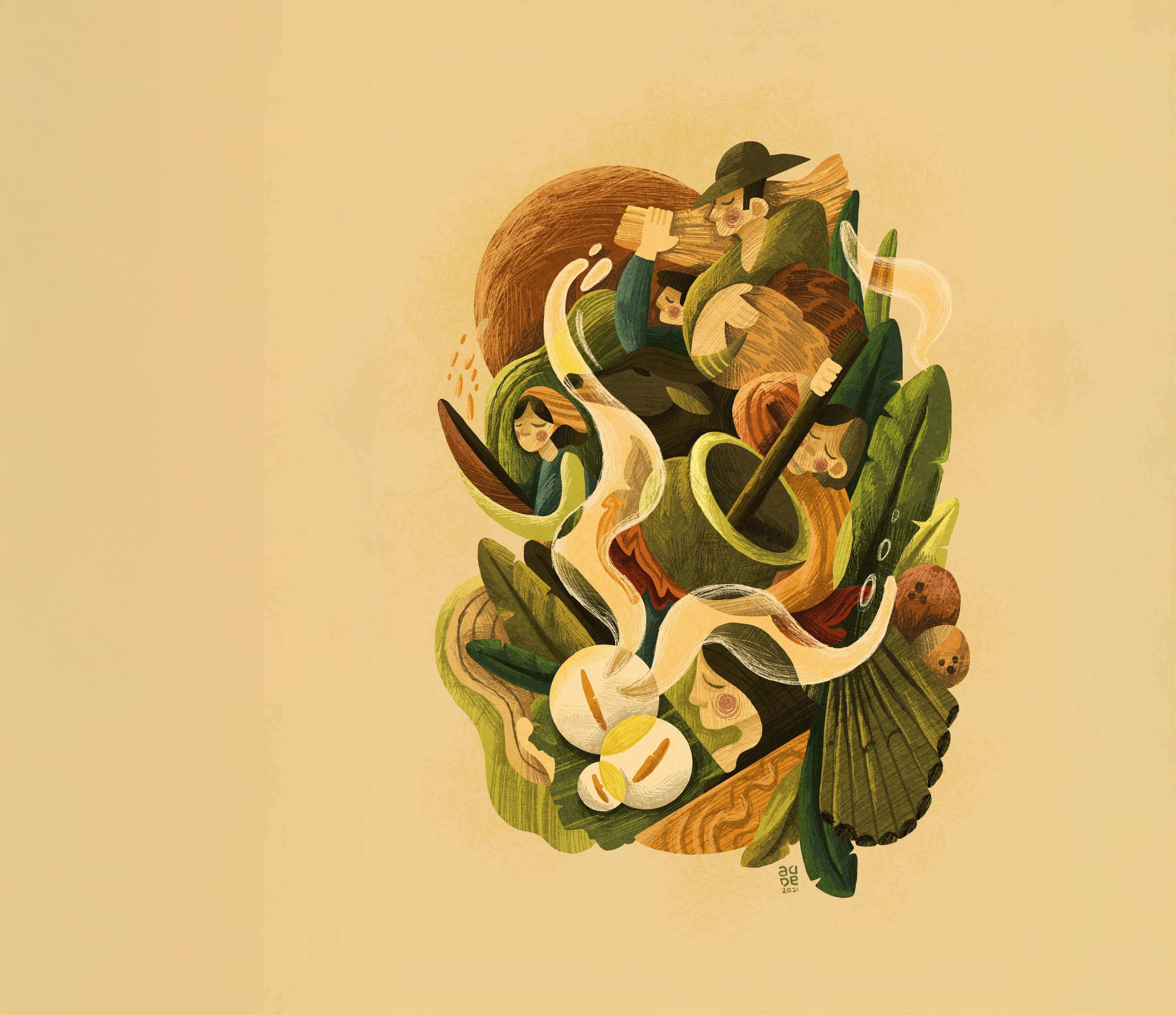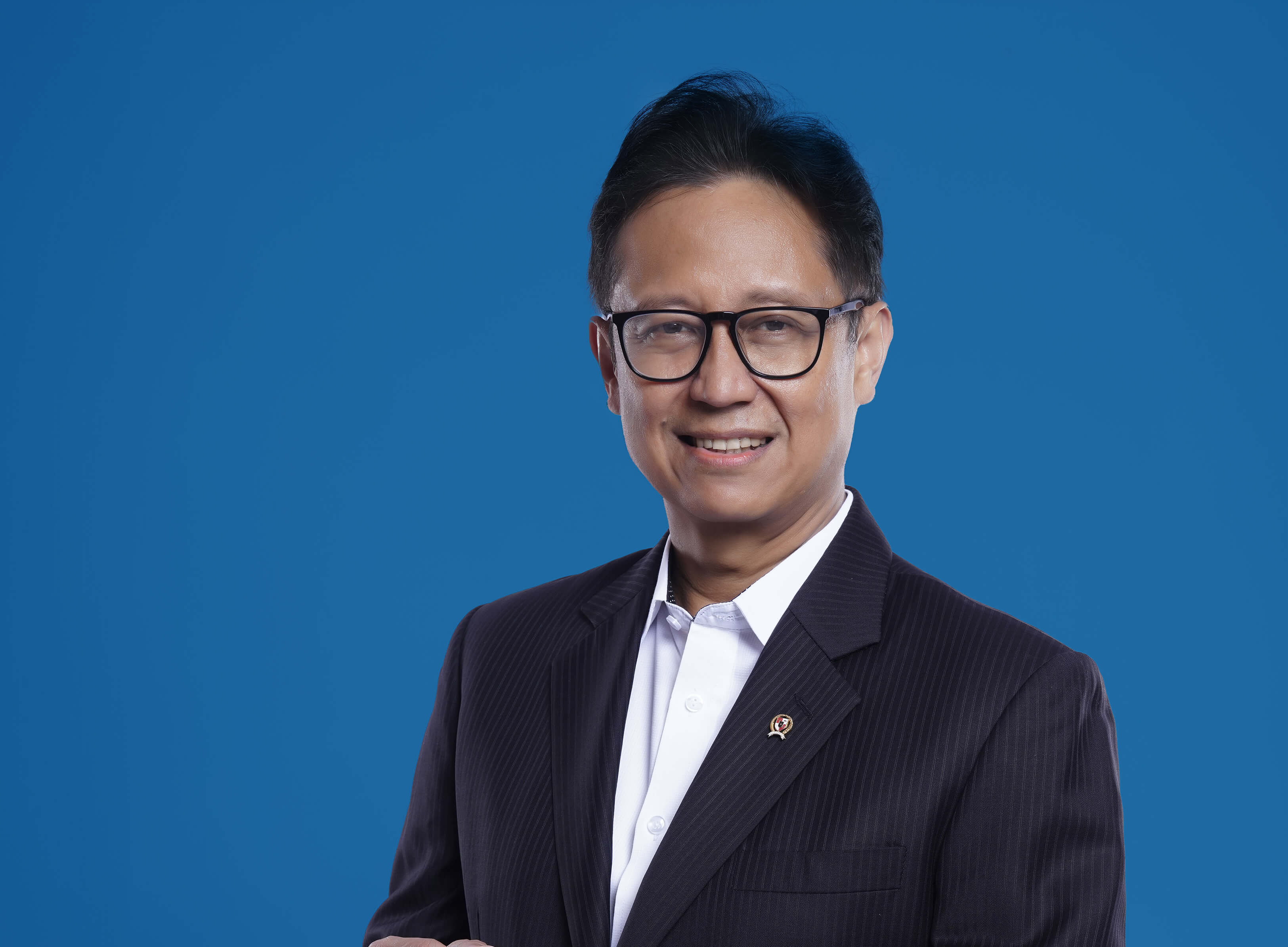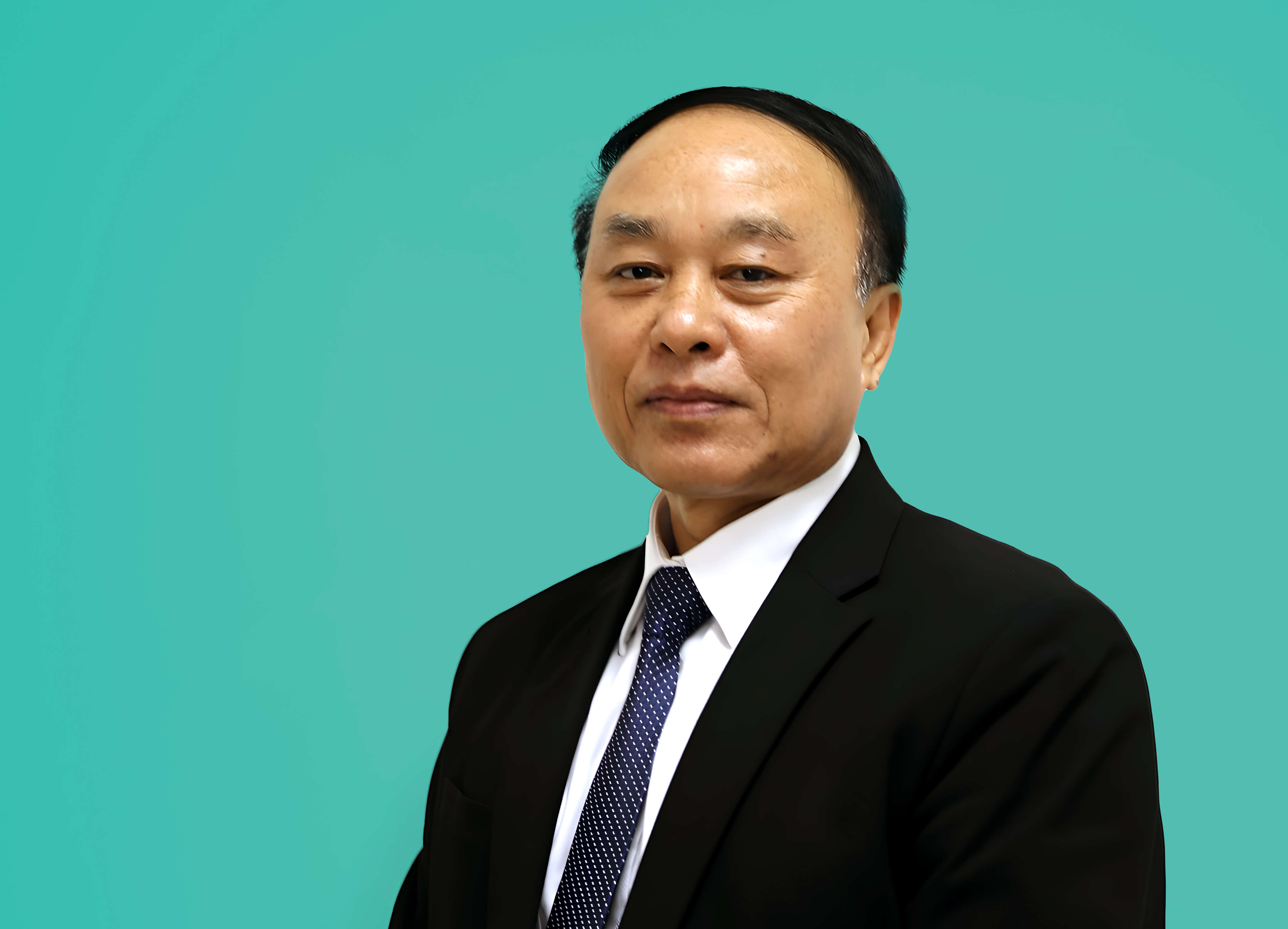


With a focused passion to uphold the integrity and quality of journalism, Ain Bandial and three colleagues made the brave move of starting Brunei Darussalam’s first digital only media company in September 2017.
Eyebrows may have been raised as such a venture had yet to be undertaken. Three years on, the Scoop now has a monthly readership of 80,000 viewers, with 70,000 social media followers.
“Our company is founded and run by journalists who see this as an essential public service, and our values are to put our readers and newsroom first. This can be difficult as we are particular to the types of advertising or investments that we can take. We have intentionally kept our structure and team small to maintain our independence and agility.
“Reporting in Brunei tends to be very top-heavy, and doesn’t necessarily reflect the experience of ordinary Bruneians. We want to see stories about ordinary citizens reflected in the media we consume. This platform allows us to engage in a longer form of journalism, providing more analysis and context into issues being experienced by this community.
“During COVID-19, accurate and timely news reporting became even more important. Public panic contributed to misinformation, which spread quickly through social media and messaging services. The velocity with which fake news could spread did prompt a greater degree of transparency from the government, with the health ministry chairing press conferences every day, which helped combat misinformation by keeping people up to date with the latest developments.
“The Scoop started a live blog when COVID-19 f irst hit Brunei, so we could update our readers on the latest developments throughout the day. We found it better to centralise information in a live document so people could access all relevant information in a single location. This way our readers could learn about new restrictions being introduced and how it would impact people’s lives. We saw that as our role. The live blog was a break away from our usual feature of posting articles during the work week. With COVID-19, we now work seven days a week.
“We took a human interest angle to see how COVID-19 has impacted people, not just from a health perspective. We looked at how COVID-19 impacted different sectors of the community, in particular small businesses. Lots of people lost their jobs, especially those in the private and informal sectors, but this isn’t necessarily reflected in government data. The impact of COVID-19 restrictions on the mental well-being of groups who faced particular social isolation – such as children learning from home, the elderly, or people with disabilities – also hasn’t been properly examined. Consistently listening to these stories of hardship was at times difficult and emotional, but it is our responsibility to report on what is happening on the ground accurately, despite the upbeat assessments of other parties.
“A lot of people reached out to us on social media out of desperation. Through the daily press conferences, they saw us as having a direct line of appeal to cabinet ministers. Many people who reached out had been let go or furloughed by their employers, others had paid leave deducted from their contract even when they were under mandatory self-isolation. There were lots of issues regarding how COVID-19 restrictions had affected employment and labour rights that we tried to raise during the press conferences.
“Continuing to work and keep our own staff paid during the pandemic has also not been easy. From mid-March to July, we worked for 110 days without a day off. At the beginning of the domestic outbreak, our reporters faced heightened risk by reporting in the field or at health facilities. We lost over 90 percent of advertising revenue between March and July. All these factors have taken a significant toll on our company and staff. But we wouldn’t do it if we didn’t believe in our mission to serve and inform our community.
Interviewed by Kiran Sagoo, PhD. The conversation has been edited and condensed for clarity. The views and opinions expressed in the text belong solely to the interviewee and do not reflect the official policy or position of ASEAN.








